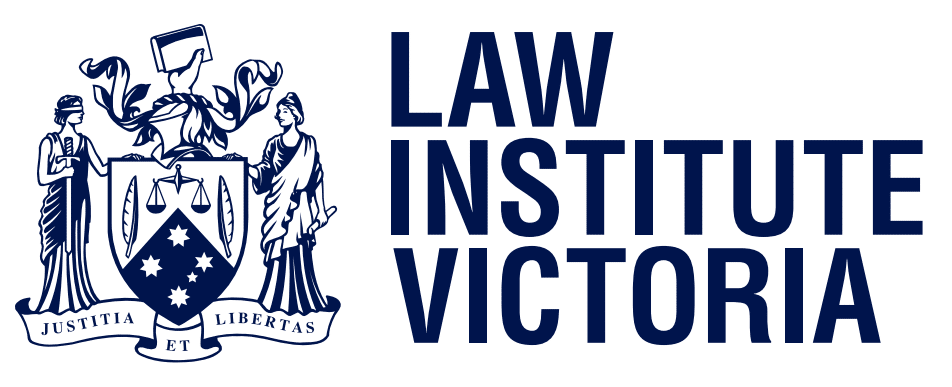Do you have a Power of Attorney? Many Australians may not realise the risks involved with not nominating a person to act in your best interests in case you are unable to do so. Recent journalist investigations have revealed the neglect of people placed in the care of the state when they become incapacitated. To avoid these scenarios, it’s important that you have plans in place and a power of attorney who can make important decisions on your behalf.
What does a Power of Attorney do?
A Power of Attorney (POA) is responsible for making important decisions in the event that you are incapacitated for any reason. This could be because you have been involved in a traumatic accident or are suffering from a brain injury which means you lack the mental capacity to make informed choices.
What kind of things can a Power of Attorney make decisions about?
Your POA is responsible for making important and potentially life-changing decisions if you are unable to do so. This can include:
- Where you will live – will you remain in the same home, or will you need to move? Do you require special living arrangements based on your conditions?
- How you spend money – all expenses will go through your POA. This is to protect the mentally incapacitated person from spending unnecessarily or from being exploited by manipulative parties.
- What supports or assistance you need – if you require at home nursing care, mobility aids, or access to other types of support services, your POA will be responsible for arranging and paying for these.
What can happen to people without a Power of Attorney?
Recent revelations through an investigation by the ABC’s Four Corners displayed the deep issues in the Queensland Public Trustee office. Unfortunately, the investigation unearthed multiple examples of people being mistreated by the system. People who were exploited by the Queensland Public Trustee office included individuals without decision-making capacity, such as those suffering from dementia, Alzheimer’s disease, brain injuries, and other disabilities.
In the shocking program, ABC journalists identified circumstances including a man who was held in a nursing will against his will, despite his consistent requests that he return home. He was charged for his time spent in the facilities and ended up a million dollars in debt.
In another disturbing case, Queensland’s Public Trustee office sold off the share portfolio of a man who they deemed not to have capacity and held him in hospital for a year while charging him $59,000 in fees.
These situations are of great concern to people who have loved ones that require care from the government. But exploitation of this kind could feasibly happen to anyone who doesn’t have legal protections in place.
In Victoria, the Victorian Civil and Administrative Tribunal (VCAT) may be asked to appoint an administer or guardian to help you if you don’t have a power of attorney. Although VCAT have not been accused of the poor practices of their Queensland equivalent, it is still vastly preferable that your finances and important decisions about your future are made by someone that you know and trust, rather than a government body.
How to Choose a Power Of Attorney
When choosing a Power of Attorney, it is important that you select someone that you trust, that you know will act in your best wishes, and that shares your values. Many people like to choose a family member, such as their spouse or child.
A POA is required to make important decisions about the welfare of a person. As such, they should be a clear-headed, sensible person. It is ideal if the person you choose as your POA has the time and resources to devote to the role. For this reason, it may be advisable not to choose someone who has a highly stressful job or a busy family life. You also want to select a person who lives in the same area as you (for example, the same state) so that they are on hand when needed.
You can choose more than one person to be your Power of Attorney. However, when choosing multiple people, it is important to consider not only how each person will act as a POA, but also how they will work together. In some cases, siblings and other family members can disagree about the right course of action, leading to tensions and arguments. If you are incapacitated and requiring the services of a POA, you don’t want the people you chose to make decisions about your care disagreeing about important things like where you should live or what do you with your home.
Some people like to select their lawyer as their Power of Attorney, because this is someone who is closely tied to your affairs, understands the requirements of the role, and can also act as an objective party when making decisions.




